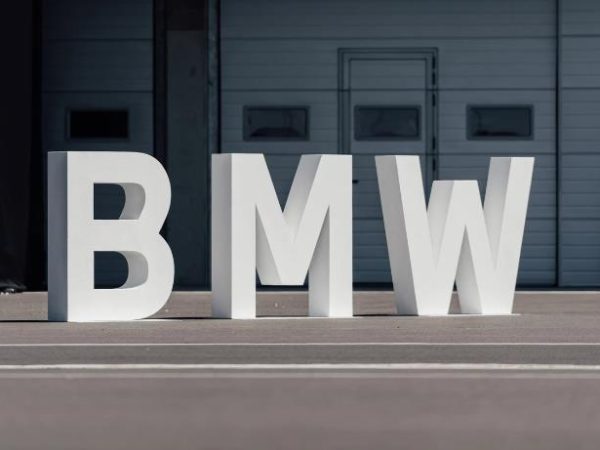
Plans to Phase Out Petrol and Diesel Cars Put in Place in the UK
In recent news, the UK has announced its plans to gradually phase out petrol and diesel cars in the country. This move marks a significant step towards a more sustainable future, with the government implementing new production guidelines requiring car manufacturers to cut emissions at the source.
The decision to phase out petrol and diesel cars has been the culmination of years of research on the subject, with concerns around the long-term effects of greenhouse gas and diesel emissions at the forefront of this decision.
UK’s Plans to Phase Out Petrol and Diesel Cars
Looking Back at Dieselgate: The Scandal That Started It All

In 2015, Volkswagen (VW) was exposed for cheating on emissions tests for diesel engines, leading to an international scandal known as Dieselgate. The scandal resulted in VW paying billions in fines, and car emissions regulations were tightened worldwide.
The Dieselgate scandal set the precedent for stricter regulations regarding diesel emissions, with government officials and environmentalists calling for tougher rules to be put in place. Well-known car manufacturers are dealing with numerous diesel claims related to their involvement in emissions-cheating scandals. UK diesel claimants can potentially receive thousands of pounds in compensation, as proven by the VW payout.
However, it is important to note that the court’s decision may not always favour the claimants. Ongoing investigations are still underway. More information can be found at Claimexperts.co.uk.
Where the UK Stands Now?
The UK government has recently announced that new petrol and diesel cars will be gradually phased out, with the aim of all vehicles on the road being zero-emission by 2050. In 2035, sales of new petrol and diesel cars will be banned outright, with some exceptions for commercial and heavy-duty vehicles. Hybrid cars will be allowed until 2035, but only fully electric cars will be permitted for sale in the UK.

To achieve this ambitious target, the UK has introduced new production guidelines for car manufacturers that require them to cut emissions at the source. The guidelines include targets for reducing the emissions of CO2 and other greenhouse gases from cars and for reducing the emissions of harmful pollutants such as NOx.
The Department for Transport has implemented a zero-emissions mandate requiring 22% of new cars to be zero-emission from January this year. This requirement will increase progressively to 52% in 2028, 80% in 2030 (the original deadline for a total ban), and reach 100% by 2035.
The UK government has also implemented a range of incentives to encourage the uptake of electric cars, such as grants for those purchasing EVs and tax exemptions for those driving electric company cars. These incentives are aimed at making electric cars more affordable and accessible for consumers and encouraging car manufacturers to produce more electric cars.
Implications of the UK’s Plan
The phasing out of petrol and diesel cars in the UK marks a significant shift in the automotive industry, with car manufacturers now strictly held accountable for their emissions. This will likely lead to a surge in electric car demand as consumers switch from petrol and diesel models.
One concern, however, is the UK’s infrastructure for charging electric cars. While there are already a substantial number of charging stations across the country, there is still a long way to go in terms of providing enough charging points for everyone. As electric cars become more popular, there will need to be an infrastructure overhaul to support this shift towards zero-emission transport.

Another potential issue is the impact of this decision on the UK automotive industry, which currently relies heavily on the production of petrol and diesel cars. While the government has introduced measures to encourage the production of electric vehicles, there are concerns among industry experts that this transition may not be easy for car manufacturers, particularly those who rely heavily on petrol and diesel production.
Key Takeaways
The UK government’s policy to phase out petrol and diesel cars and vans from 2030 is a significant move towards lowering greenhouse gas emissions and promoting environmental sustainability. The plan aligns with other European countries’ targets and complements the UK government’s broader climate change policies.
While the phasing-out of petrol and diesel cars is expected to have implications for the automotive industry, and the broader transport sector, it represents a significant opportunity for companies that produce electric vehicles to establish themselves in the market. Additionally, the decision is expected to encourage innovation in the transport sector and accelerate the development of low-carbon alternatives to petrol and diesel vehicles.
The UK government’s plan to phase out petrol and diesel cars is aligned with its broader commitment to sustainable development and climate action. The country is investing in low-carbon infrastructure, decarbonising the economy, and encouraging the uptake of clean transport alternatives. The UK’s decision represents a significant milestone in the global shift towards cleaner and greener transport. It reinforces the importance of tackling climate change to ensure a sustainable future for all.








